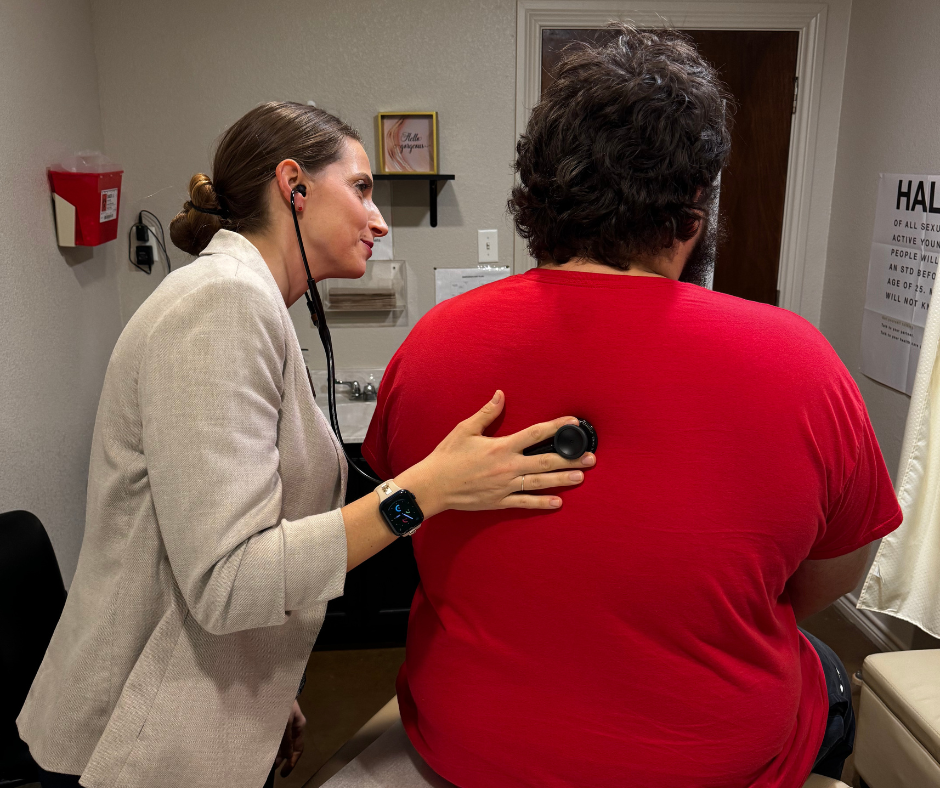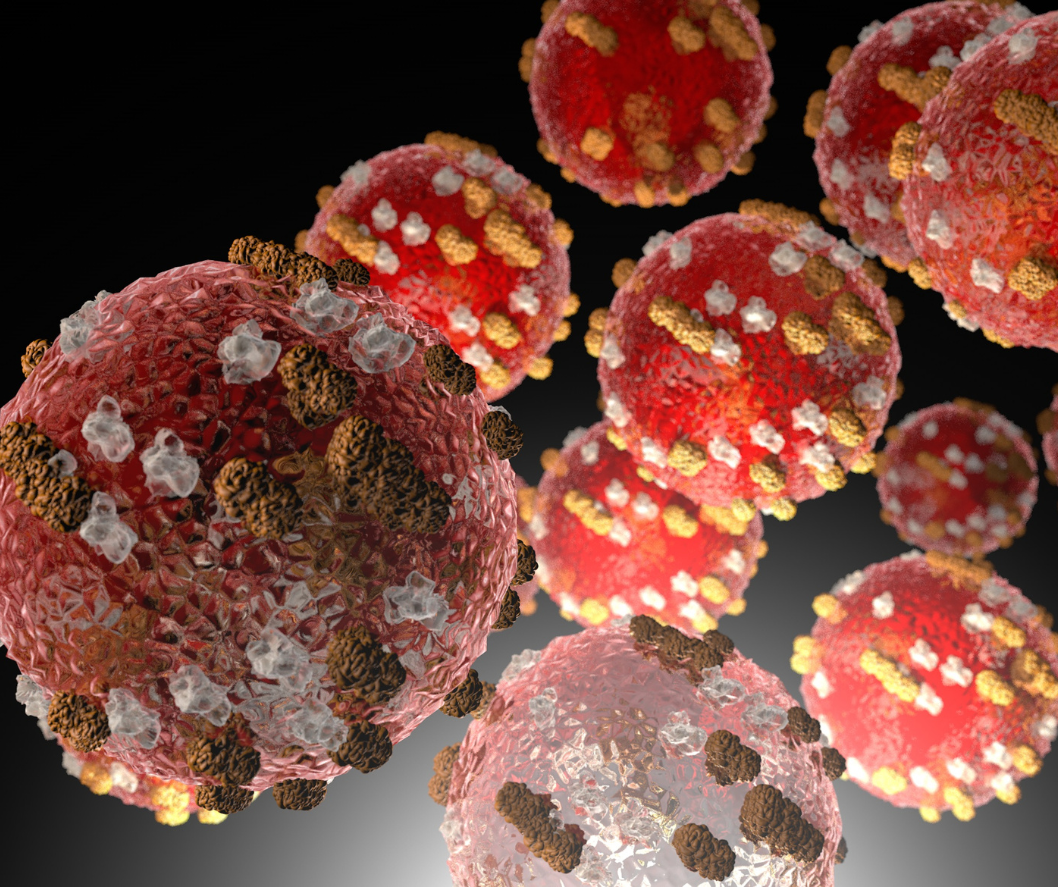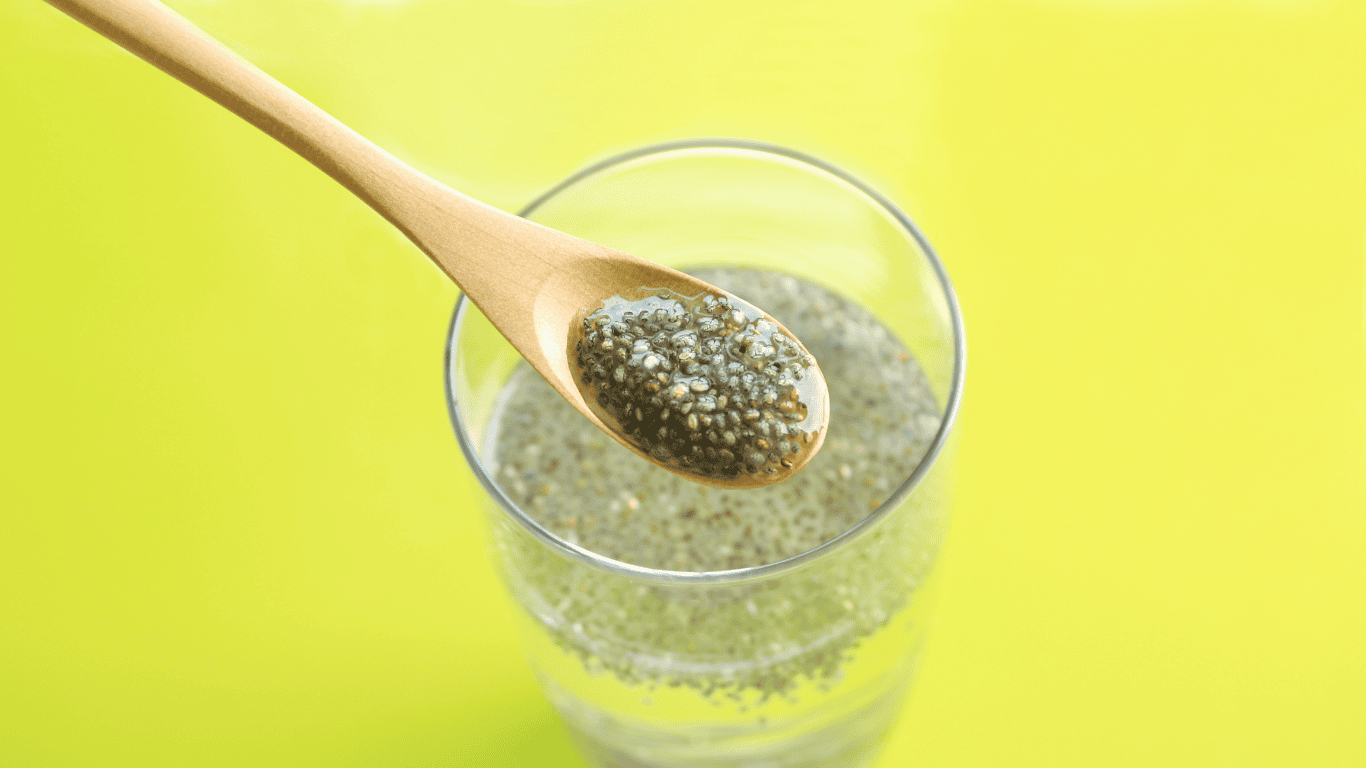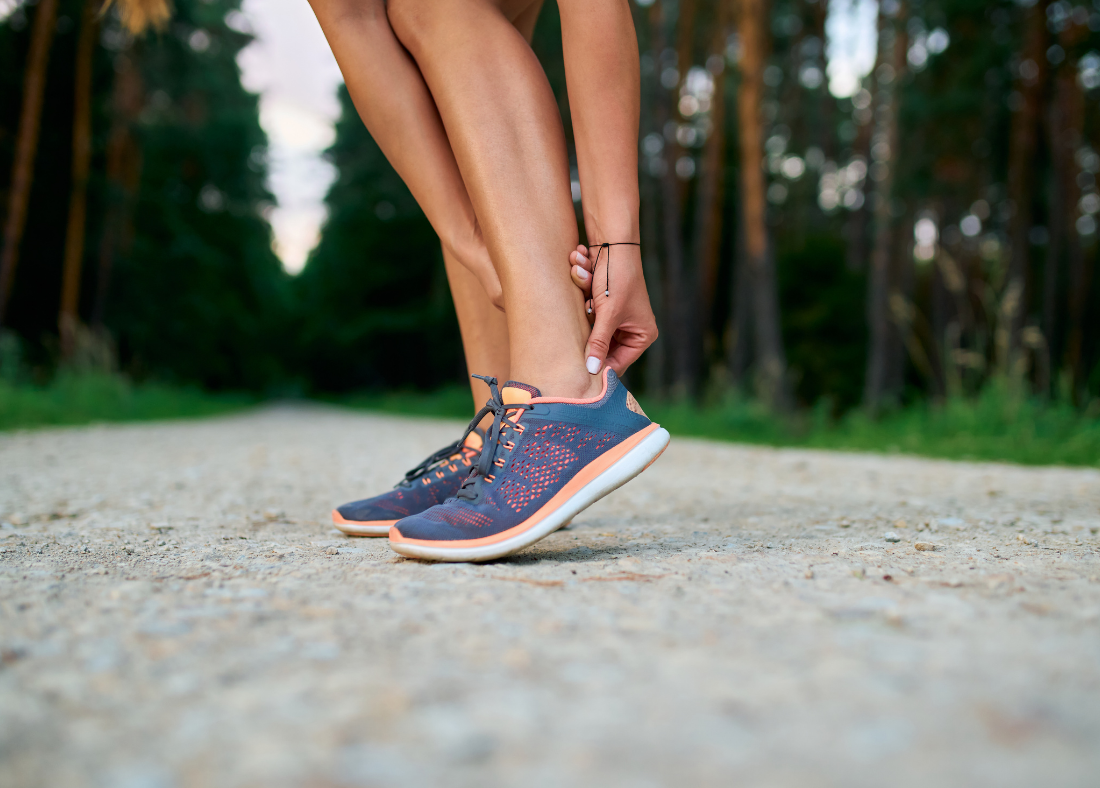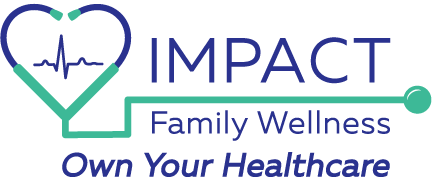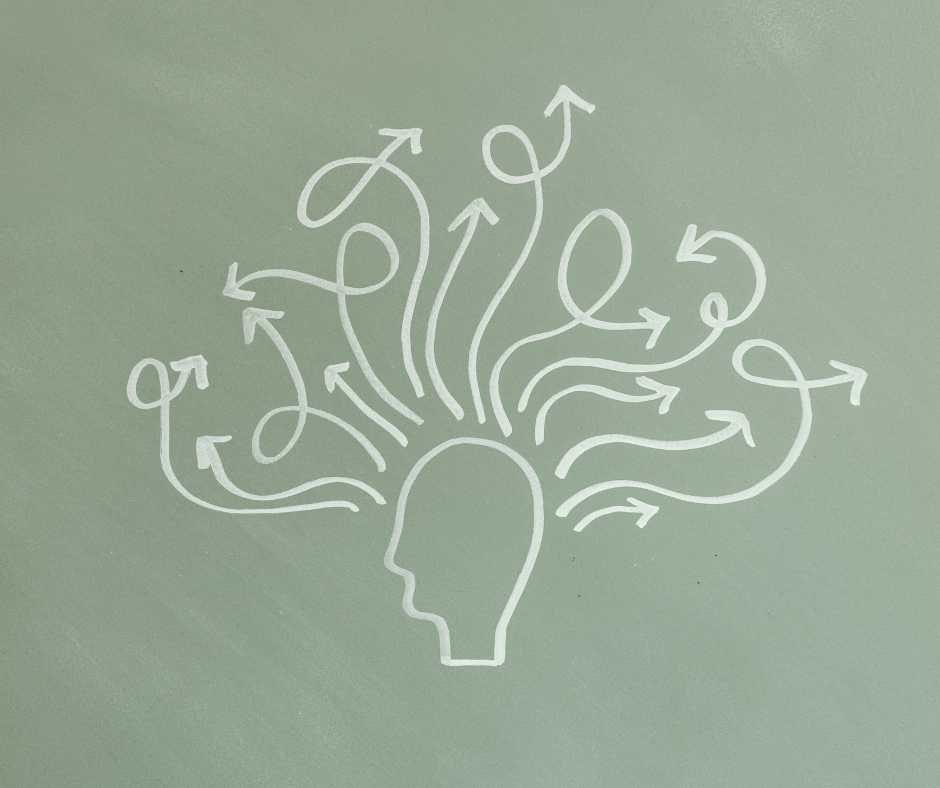By Monica McKitterick
•
June 20, 2025
Key Takeaways Mental health affects everyone , but minority groups often face more challenges in getting care due to stigma, cultural barriers, and limited access to services. Minority Mental Health Month was established to bring attention to these disparities and encourage action that leads to more equitable mental health support. Cultural beliefs, mistrust in the healthcare system, and lack of resources all contribute to gaps in care for racial, ethnic, and underserved communities. Native American and multiracial adults have some of the highest reported rates of mental illness , but underdiagnosis and access issues affect many groups. Solutions include raising awareness, promoting culturally competent care, improving access through integrated care models, and supporting inclusive policies. You can help by supporting advocacy organizations, sharing stories, learning about inclusive care, and participating in community events during Minority Mental Health Month. Why Minority Mental Health Deserves Attention and Support Nearly 1 in 5 adults in the United States live with a mental illness each year, according to the National Institute of Mental Health (NIMH) . That number alone shows how common mental health struggles are. But what’s not always talked about is how different the experience can be for people in minority communities. Each July, Minority Mental Health Awareness Month is recognized to bring attention to these differences. The month was started in 2008 in honor of Bebe Moore Campbell, a writer and mental health advocate. She worked hard to raise awareness about how racial and cultural differences can make it harder to get mental health care. When we talk about “minority” in this context, we mean people that have historically had less access to resources and support. This includes: Racial and ethnic groups , like Black, Hispanic, Asian, and Indigenous communities Immigrants and refugees People who speak languages other than English Mental health affects everyone, but it doesn’t affect everyone in the same way. For minority groups, the challenges are often shaped by life experiences like discrimination, language barriers, or cultural beliefs. These factors can lead to more stress, fewer treatment options, or feeling uncomfortable talking about mental health at all. This is what we mean by minority mental health , the way mental health is experienced and treated within these groups. It includes not just the symptoms of conditions like depression or anxiety, but also the extra barriers many people face when trying to get care. Understanding these differences is a step toward creating more fair and supportive mental health systems for everyone. The Extra Challenges Some Minorities Face With Mental Health A. Cultural & Social Barriers In some cultures, talking about mental health is still seen as a sign of weakness. People might be told to keep things private or “tough it out.” This kind of stigma can make someone feel embarrassed or ashamed to seek help, even when they’re struggling. For example, Black communities in the U.S. have faced discrimination in healthcare for generations. Because of this, some people may be less likely to seek care, or feel unsure if they’ll be treated fairly when they do. B. Structural Disparities in Healthcare Even when someone is ready to get help, the system doesn’t always make it easy. Here are a few common barriers: Lack of bilingual or culturally aware providers – It’s not always easy to find a therapist who speaks your language or understands your culture. This can make it hard to explain what you’re feeling or trust that the provider really “gets it.” Limited or no insurance – Many people from minority groups are more likely to be uninsured, which makes it hard to afford mental health care. Underdiagnosis or misdiagnosis – Symptoms may look different across cultures. Without proper training, some providers might miss signs of mental health conditions, or label them incorrectly. Not enough providers in the area – In many communities, especially rural or low-income ones, there are not enough mental health professionals available. This makes the wait times longer and the access much harder. C. Socioeconomic Pressures Mental health doesn’t exist in a bubble, it’s deeply connected to a person’s life situation. Many minorities face higher rates of poverty, unemployment, or chronic illness. These ongoing stresses can increase the risk of anxiety, depression, or trauma. For immigrants and refugees, there can also be extra layers like language barriers, fear of deportation, or past trauma from war or displacement. Discrimination and racism, both daily and systemic, can also cause long-term emotional harm. All of these things make mental health challenges more likely, and getting care even harder. Which Minorities Groups Struggle the Most With Mental Health According to the most recent data from American Psychiatric Association , the group with the highest reported rate of mental illness in the U.S. is American Indian and Alaska Native adults, at approximately 26%. This number is especially concerning when combined with high rates of poverty, substance use, and suicide in these communities. Here’s a snapshot of the data on adults who reported experiencing any mental illness in the past year: White: About 23% report mental illness. Multiracial: Around 34%, which is also higher than the national average. Black: Around 17%. Hispanic/Latino: Roughly 18%. Asian: About 14%, the lowest reported rate. At first glance, it might seem like some groups have lower rates of mental illness. But those numbers may not reflect the full picture. Lower reported rates don’t always mean fewer people are struggling. In fact, they may reflect other issues: Underdiagnosis – Some symptoms may not be recognized or may be mistaken for something else. Access barriers – If people can’t get mental health care, they’re less likely to have a formal diagnosis. Stigma or fear – People in some communities may avoid seeking help due to fear, cultural beliefs, or past negative experiences. So, while the data gives us a starting point, it’s important to read it with care. Each group’s experience is shaped by many layers, from personal struggles to systemic issues. What Can Help Make Mental Health Care More Fair There are ways to make the system better, especially for communities who’ve been left out or overlooked. Making mental health care more fair means listening to what people need, removing barriers, and making sure support is available in a way that feels safe and respectful. Raise Awareness and Reduce Stigma One of the biggest steps is simply talking about mental health more openly. Campaigns like Make It OK and organizations like the Black Mental Health Alliance (BMHA) work to change how people think about mental health, helping communities understand that it’s okay to ask for help, and that mental illness is not a personal failure. When people hear others share their stories, it can break down fear and silence. Education helps everyone, including families, schools, and workplaces feel more confident in offering support and understanding. Train Providers in Culturally Competent Care Mental health professionals need to understand the values, language, and lived experiences of the people they’re trying to help. That’s where culturally competent care comes in. It means providers are trained to respect and respond to different backgrounds and beliefs, without making assumptions, like: Listening without judgment Offering care in a person’s native language (or having interpreters available) Understanding how trauma, racism, or community values affect mental health Providers who take the time to learn and grow in this way can build stronger trust and give better care. Bring Mental Health Into Primary Care Another helpful change is connecting mental health care with primary care , the type of everyday health visits people are already used to. When mental health is treated like any other part of health, it becomes easier to talk about and easier to access. Direct Primary Care (DPC) models are well-positioned to do this. By giving more time to each patient and building strong provider relationships, DPC allows mental and physical health concerns to be addressed together, in a more personal and low-pressure setting. Support Policy Changes That Increase Access Some changes need to happen at the system level. That includes pushing for: Mental health parity laws , so insurance plans must treat mental health the same as physical health Incentives to bring more providers into underserved areas, including rural or low-income communities More funding for school-based programs , community centers, and crisis care Support for mobile or telehealth services , which can make it easier for people to get help from wherever they are These policy changes take time, but they can make a big impact by expanding access and removing long-standing barriers. Supporting Minority Mental Health Month Minority Mental Health Month, recognized each July, is a time to pause, reflect, and take action. It’s a chance to highlight the mental health experiences of communities that often go unheard, and to support real steps toward equity in care. Share Stories That Need to Be Heard Listening to and sharing the voices of people from minority backgrounds helps bring awareness to real challenges, and real resilience. It may be a personal experience or a post from an advocacy group, sharing these stories (with permission and respect) helps reduce stigma and create understanding. It also reminds others that they’re not alone. Support Nonprofits Doing the Work There are many organizations working year-round to improve mental health access and support for underserved communities. A few to explore or donate to: NAMI (National Alliance on Mental Illness) – Offers education, support, and advocacy across the U.S. BMHA (Black Mental Health Alliance) – Focuses on culturally-relevant mental health care for Black communities Active Minds – Promotes mental health awareness, especially among students and young adults Even a small donation, a social media share, or volunteering time can make a meaningful impact. Advocate for More Inclusive Policies Advocating for more inclusive policies means calling for change in schools, workplaces, and communities to better serve people from all backgrounds. This can include supporting mental health education in public schools, pushing employers to offer mental health benefits that reflect the needs of diverse employees, and encouraging local leaders to invest in mental health services in underserved neighborhoods. Learn and Share What Culturally Competent Care Looks Like Culturally competent care means health providers understand and respect a patient’s background, values, and lived experiences. When providers are trained to offer this kind of support, patients are more likely to feel safe, heard, and willing to continue treatment. Learning about culturally competent care, and encouraging others to do the same, helps shift the focus toward more respectful and effective mental health practices for minority communities. Attend or Host an Educational Event Events are a great way to raise awareness and build understanding. Attending a local mental health workshop, panel discussion, or webinar during Minority Mental Health Month can help people learn more about the issues and how to be part of the solution. You can also organize your own event, even something simple, like a book discussion, community talk, or team lunch-and-learn. Conclusion: Mental Health Equity Is a Public Health Imperative For many minority communities, support is harder to find and sometimes not even offered in a way that makes sense for their lived experience. That needs to change. Equity in mental health means making sure everyone, no matter their background, has access to care that is respectful, affordable, and truly helpful. It means removing barriers and building a system that sees and serves the whole person. This change won’t happen all at once, but it starts with awareness, and grows through action. Talk about these issues with people around you. Share stories that need to be heard. Support policies and programs that bring care to those who’ve been left out. Everyone deserves to feel mentally well. Everyone deserves to be treated with dignity. And together, we can help build a future where that’s not the exception, it’s the norm.

